
According to the law in Germany, every member of a collecting society must have the opportunity to participate electronically in the collecting society’s elections. This is one of the reasons why the majority of general meetings, votes and elections in German collecting societies are already conducted digitally.
There’s a lot to organize! From registering for the election to actually voting and being represented by other members.
Let us guide you through how best to prepare for your next general assembly of members. We’ll also show you what digital solutions we can offer.
Continue reading
The CDU held a fully digital party conference for the first time in January 2021. The new CDU leader, Armin Laschet, was elected by 1,001 delegates using the POLYAS Live Voting. How the German party managed to prepare its party congress within 5 weeks and the situations it had to deal with were discussed in the interview with Dr. Stefan Hennewig, the national managing director of the CDU. Continue reading

The CDU implemented the first fully digital national party conference and set new standards with digital voting. This was the first time that POLYAS Live Voting was used to help the 1,001 delegates conduct a secure vote from the comfort of their homes. Continue reading
POLYAS is continuing to develop its presence in the Italian market. For the second time this year, POLYAS will be making the trip over the Alps to take part in the SMAU technology fair on the 8th and 9th of July. Continue reading
From the 30th to the 31st of March we were at the SMAU fair in Padua to present our online voting system and to meet the innovators driving the Italian tech market.

The team at POLYAS have been quite busy this October. After attending conferences in Canada and Ireland, we’ve now crossed the Alps to take part in SMAU 2016. SMAU is the biggest tech convention in Italy – where innovation, IT and technology come face to face with various institutions and corporations. POLYAS is represented there by two of our colleagues who’ve set up a stand at the event.
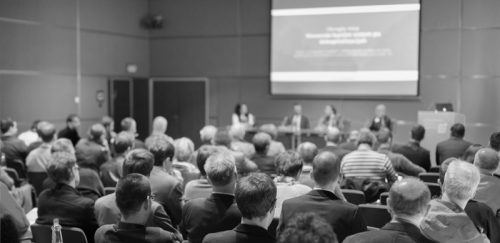
For the past ten years, re:publica has taken place in Berlin and become an institution for internet activists. Now the event series ventures overseas.
Continue reading

Look like we are going to have to brush up on our French and don our thickest winter jackets, because POLYAS is going to Quebec. More specifically, we will be heading to the International Summit of Cooperatives as part of our efforts to expand globally. From October 11th-13th, come visit us at our kiosk at […]
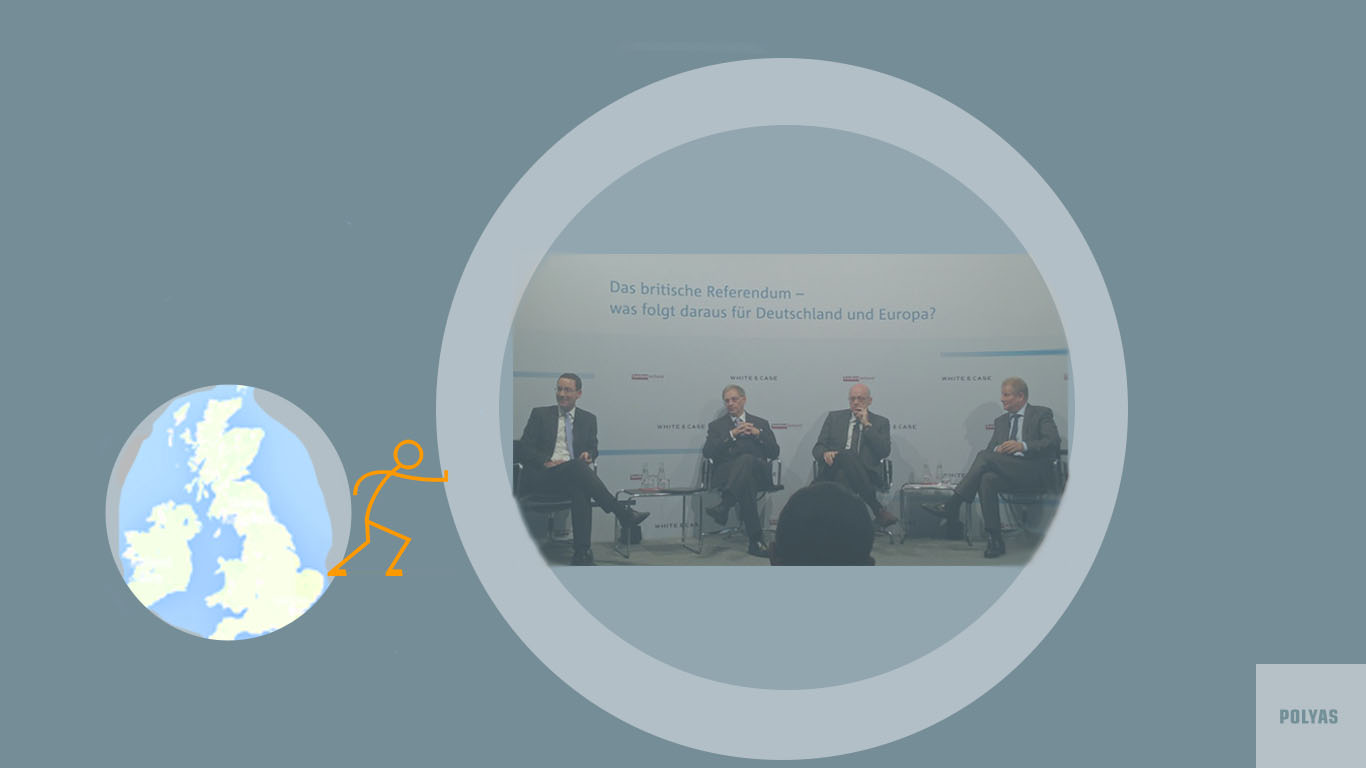
Next year Britons are expected to go to the polls for the long awaited referendum, in which they vote for our against the EU membership. But how likely is such a ‘Brexit’? And if, what would that mean for Germany and the European Union? Those and several more issues were the focus of a very interesting panel discussion, hold by the The Association of German Banks in Berlin.
Continue reading
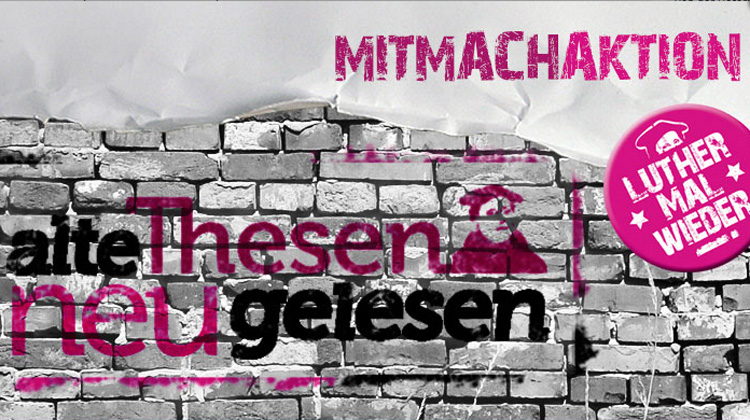
Luther’s posting of his theses is celebrating its 500th anniversary in two years. In honour of this the Evangelical Church of Kurhessen-Waldeck (EKKW) has organised a join-in fundraiser for church communities under the motto “Alte Thesen neu gelesen” (“Old theses read anew”). POLYAS is happy to support this competition with prize money. Continue reading
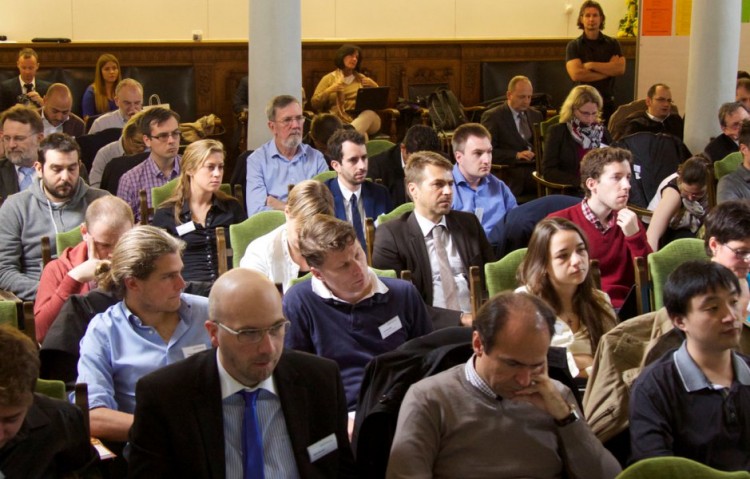
For ten years now, international experts on electronic voting have been holding an annual meeting in Bregenz on Lake Constance. Their conference, the EVOTE, now numbers among the most renowned congresses on the subject and contains a multitude of scientific presentations and exciting practical reports from the field of digital election procedures.
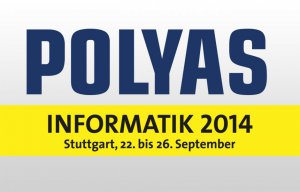
Moritz Strube, Technical Director of POLYAS, held a presentation on the history, present and future of the online voting system at INFORMATIK 2014. POLYAS has been successfully implemented for elections in Germany, Switzerland, Italy and Finland since 1996. To date approximately 2.2 million ballots have been cast with the online software. In recent years the […]